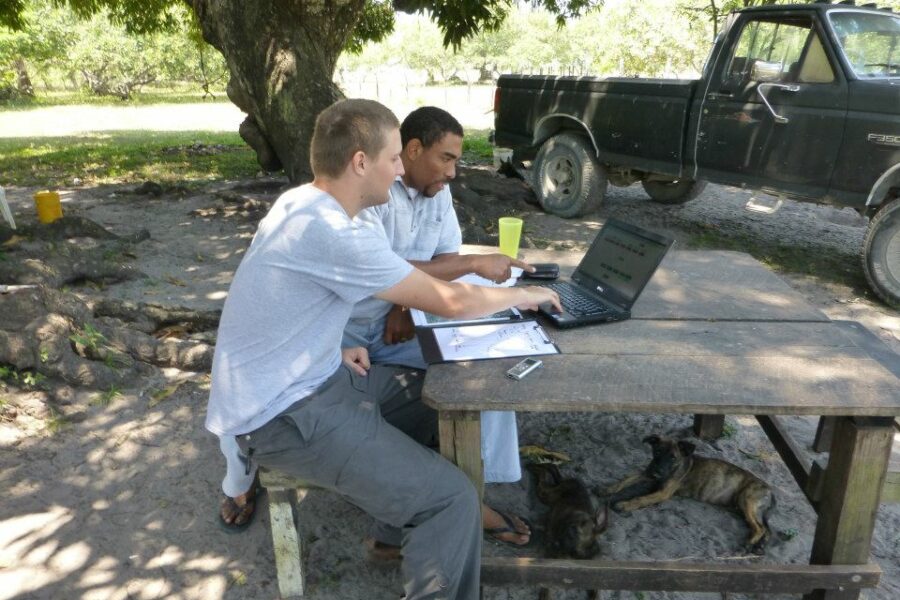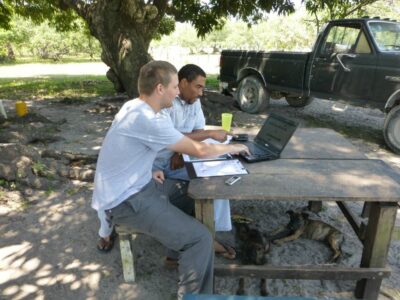Neotropical lowland savannahs are rare ecosystems and are often ignored in national land planning due to their low agricultural potential. Yet many local communities access provisioning services from such areas, and they provide regulating services to the broader population. We sought to use local knowledge to assess how such services might change under future scenarios of land conversion. We found that the savannahs were more highly valued by local people, particularly those living in poverty who access provisioning services informally (i.e. without clear access rights). Most respondents forecast that all future scenarios of land conversion would increase ecosystem service provision to those with formal land tenure, but would decrease services to the most vulnerable.
The scenarios were made in: 2013
The scenarios look out to: 2023

